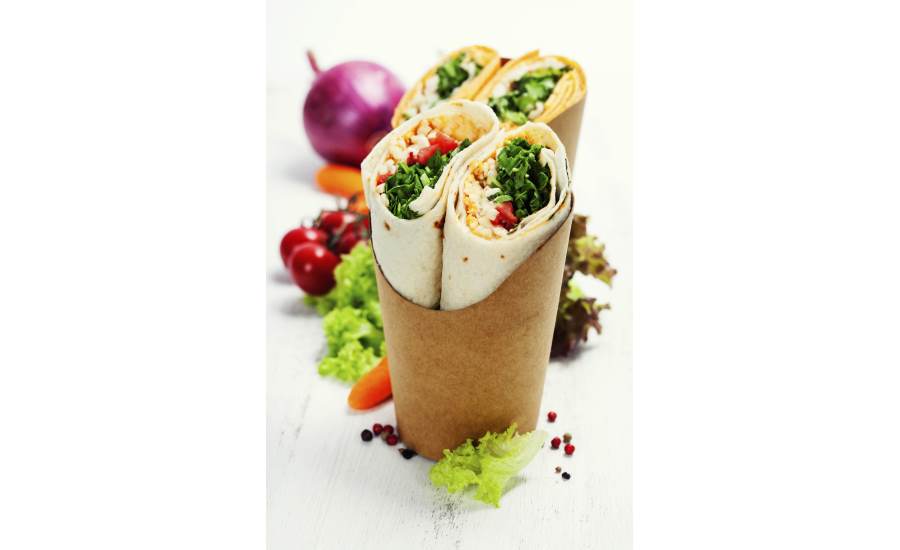FDA has approved folic acid fortification of corn masa flour, which is often used to make tortillas, tortilla chips, tamales, taco shells and corn chips. The approval allows manufacturers to voluntarily add up to 0.7 milligrams of folic acid per pound of corn masa flour, consistent with the levels of certain other enriched cereal grains. Folic acid, a synthetic form of folate, is a B vitamin that when taken by a pregnant woman may help prevent neural tube defects.
Currently, manufacturers may use folic acid as an optional ingredient at specified levels in breakfast cereals and certain other foods, such as infant formula and medical foods, so that it is easier for people to get enough folic acid in their diets. Additionally, folic acid must be added to certain enriched grains and enriched grain products like breads, rolls, noodles and pasta. The March of Dimes Foundation, the American Academy of Pediatrics and others submitted a food additive petition in 2012 to request the extension of voluntary fortification to corn masa flour to increase the folic acid intake for U.S. women of childbearing age who regularly consume products made from corn masa flour as a staple in their diet.
FDA may approve the use of a food additive only after conducting a scientific safety review of the information provided in the petition to ensure that the additive is safe for the general population. With regard to folic acid, FDA evaluated the projected human dietary exposure, toxicological data and other relevant information, including whether folic acid remained stable in corn masa flour.
FDA worked with the petitioners throughout the review process to obtain data needed to address safety questions as expeditiously as possible. Based on that data, FDA concluded that the petitioned addition of folic acid to corn masa flour at a level not exceeding 0.7 milligrams of folic acid per pound of corn masa flour is safe.
Exposure estimates from FDA and the petitioners show that adding folic acid to corn masa flour could increase folic acid consumption in those who regularly consume products made from corn masa flour, including many Latina women. The petitioners contend that increased consumption of folic acid will reduce the risk of births with neural tube defects among this group. FDA’s approval is not based on the possibility of this reduced risk, but is instead based on a review of the safety of the proposed use of folic acid.
Manufacturers can begin voluntary fortification of corn masa flour with folic acid on April 15, 2016.


